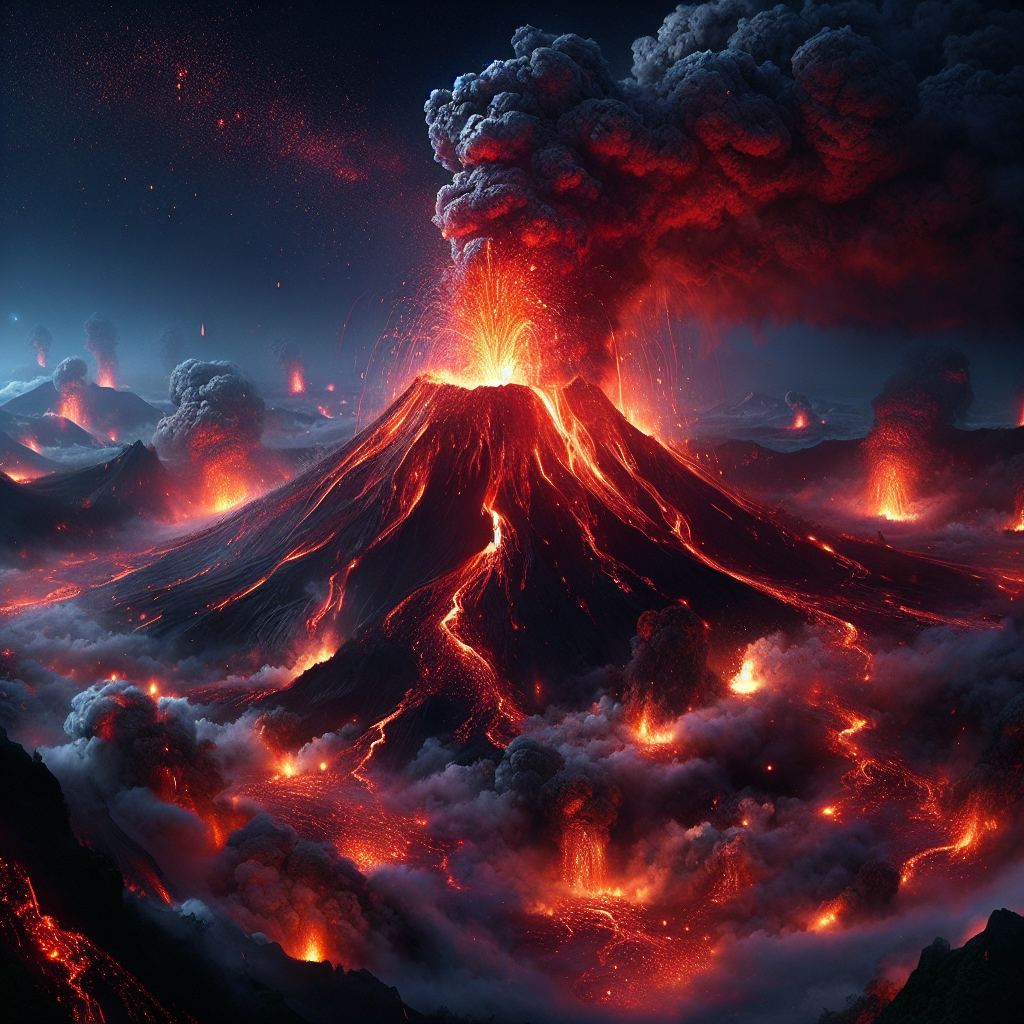Eternal Fire: Reykjanes' Volcanic Saga Unfolds
Since 2021, Iceland's Reykjanes peninsula has seen frequent volcanic eruptions after an 800-year dormancy. Despite the dangers posed by lava and poisonous gases, the eruptions continue to draw global attention. Experts predict that these fissure eruptions may persist for centuries, reshaping the local landscape and impacting residents.

In the once dormant Reykjanes peninsula of Iceland, a series of volcanic eruptions starting in 2021 has awakened geological activity that last laid quiet 800 years ago. Experts now warn of consistent fissure eruptions over the coming centuries, reshaping the area and making it a hotbed of geological interest.
The volcanic saga began on March 19, 2021, with lava fountains emerging from a fissure in the Fagradalsfjall system. The sudden surge in geological activity was evidenced by over 40,000 earthquakes in a month, far exceeding previous annual averages of 1,000 to 3,000.
Subsequent eruptions have varied in intensity and duration, with some leading to evacuations and infrastructure damage, such as the July 10, 2023, eruption affecting Litli Hrutur, and the Blue Lagoon spa closure in February 2024. Each event underscores the persistent volcanic threat to local communities.
(With inputs from agencies.)










